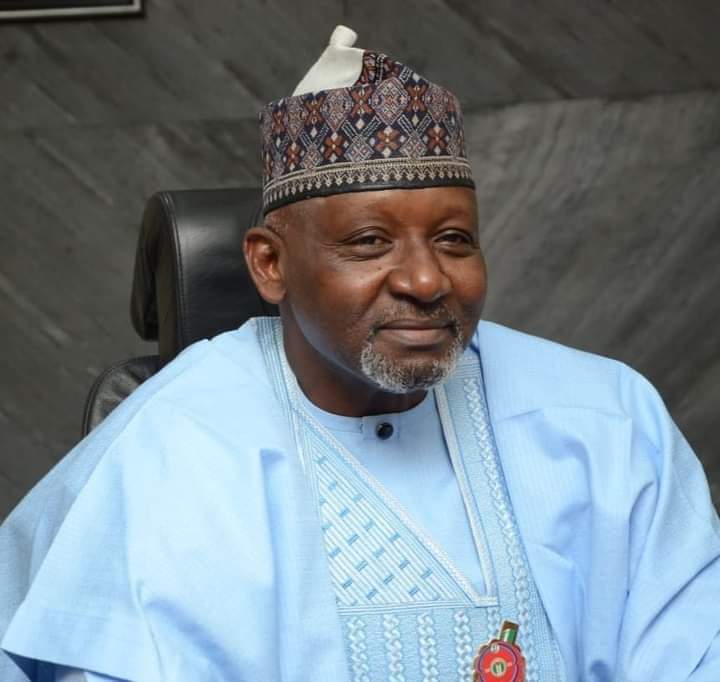Improving road transportation system in Nigeria
Effective transportation systems invariably impact development in any economy. Most countries in the 21st Century invest heavily on transportation – building transport infrastructure that is highly categorized by technological and electronic features. Some examples include electric cars, maglev trains, hypersonic air travel and many other high technologies. The transportation system is indeed facing a drastic […]

The Minister of Transportation, Mu’azu Jaji Sambo
Effective transportation systems invariably impact development in any economy. Most countries in the 21st Century invest heavily on transportation – building transport infrastructure that is highly categorized by technological and electronic features. Some examples include electric cars, maglev trains, hypersonic air travel and many other high technologies. The transportation system is indeed facing a drastic transformation globally.
Transportation as an important part of human activity forms the basis of all socioeconomic interactions as a lack of effective transport facilities often hinders economic development. Bad roads, inadequate fleets of vehicles, inadequate trains, overcrowded aeroplanes and congested ports are unfortunately common features of developing world transportation systems. For the development of any society, transportation is significant as it facilitates community development, and optimum utilization of resources as well as allows and enhances the movement of people etc.
- Rains, pains: Inside Nigeria’s recurring flood menace
- Travellers’ nightmare continues on Lagos-Ibadan expressway
The economic development of many nations could be hindered due to a lack of transport facilities and infrastructure since transportation forms the basis of all socio-economic interactions.
In Nigeria, road transportation is the most used means of transport. This is because it remains the most accessible, available, reliable and most interconnected transport system. However, the roads are in abnormal and unsafe conditions. The state of roads in Nigeria is so terrible that it can take more than 12 hours to drive from one state to another when the same distance can be covered in less than five hours under normal conditions.
Despite the high dependence on road transportation, records prove that the bad road conditions in Nigeria caused more deaths than the COVID-19 pandemic (Transportday 2021).
According to the same source, most road accidents occurring in Nigeria are classified as serious. Also, in most states, the roads may be considered too small, which most of the time cause traffic gridlock. Expanding the roads and constructing more lanes will help with the easy movement of vehicles.
No doubt, the solution to the condition of bad roads in Nigeria starts from good governance. Having a leader that cares about the healthy movement of people in the country and also the safe transportation of goods around the country is very critical.
Indeed, the Buhari’s government has been investing heavily on road transport, giving priority to roads that are mostly used for economic purposes such as agriculture, oil transportation and other economic driven activities.
For instance, the Executive Order 7 of 2019 on the Road Infrastructure Development and Refurbishment Investment Tax Credit Scheme provides for Public Private Partnership to build interlinked roads that facilitate the transportation of petroleum. However, it is important to consider the continuity and effective completion of all roads such that they are durable and sustainable.
Also, expanding the roads by building more lanes is another way to reduce traffic and collision of cars. In terms of road security, the introduction of CCTV cameras will be necessary. Lastly, there is the need to avoid the simultaneous use of roads by smaller vehicles with big trucks and lorries. This can be done by using barricades to avoid the movement of trucks and lorries during the day.
Conclusively, an improved transport system guarantees advanced service and product delivery that generates increased revenue for their country. Improving the transportation system requires more prompt response than ever because it is an inevitable part of people’s daily existence.
Odor Emeka Martins is an intern at the Institute for Peace and Conflict Resolution, Abuja
